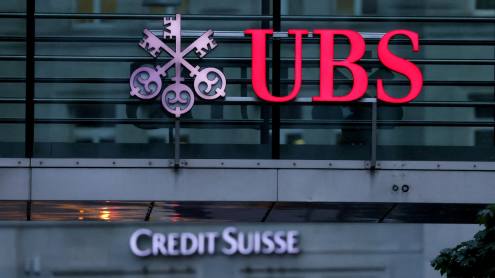Sweden is at the forefront of efforts to become a cashless society. Only 6% of payments in the country are currently made in cash, according to the central bank, Sveriges Riksbank, which has been stepping up efforts to introduce a digital currency, the e-krona, to handle retail payments everywhere. The central bank announced this month that commercial banks in the country would be involved in the next phase of testing over the course of this year.
Foreign financial services investment into Sweden last year reflected this trend. Notable deals include Canada-based Hive Blockchain Technologies’ $130.30m investment in expanding its cryptocurrency mining facility in Sweden, and Norway-based venture capital firm Alliance Venture’s new Stockholm office focused on tech start-ups.
Overall, Sweden attracted seven financial services projects in 2020, compared with four projects in 2019, despite the Covid-19 pandemic. Financial services capital investment increased to $219.6m last year, from $42.9m in 2019, according to FT-owned greenfield data monitor fDi Markets, creating 180 jobs.
“Everyone in Sweden is so active on digital platforms,” says Sebastian Sundberg, a Stockholm-based partner at Nordic law firm Schjødt. “And banks really don’t want to handle cash anymore. All these factors mean the country is pushing in one direction.
“Students at the business schools in Stockholm used to dream of working in the City of London at the investment banks. But since the global financial crisis they all want to be co-founders of the next Klarna,” adds Mr Sundberg, referring to the fast-growing Swedish fintech, which is valued at $31bn.
Norway’s shift and Denmark’s drop
Elsewhere in the Nordic countries, Norway attracted two financial services projects last year. These included Canada-based ArcTern Ventures, a venture capital firm which invests in clean technologies, and US-based institutional brokerage and fund services company BTIG, which both opened offices in Oslo.
Foreign financial services capital investment into Norway totalled $27.4m last year, a rise on the $13.7m total in 2019 according to fDi Markets, which created 54 jobs.
“Norway is such an oil- and gas-oriented economy, but this is slowly changing,” says Jon Kristian Sjåtil, an Oslo-based partner at Schjødt. “The big shift at the moment is towards greener and more sustainable industries and this tends to be reflected in investment.”
In contrast, Denmark saw an 81% year-on-year drop in the number of financial services and fintech foreign direct investment (FDI) projects last year, from 16 projects in 2019 to three in 2020. A number of US financial groups such as Goldman Sachs, Silicon Valley Bank and Federated Hermes opened offices in Copenhagen in 2019, while 2020 was noticeably quieter.
As a result, financial services and fintech FDI into Denmark fell to $41.1m last year, from $140m in 2019, according to fDi Markets.












